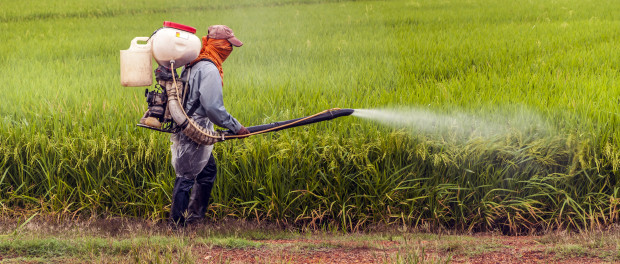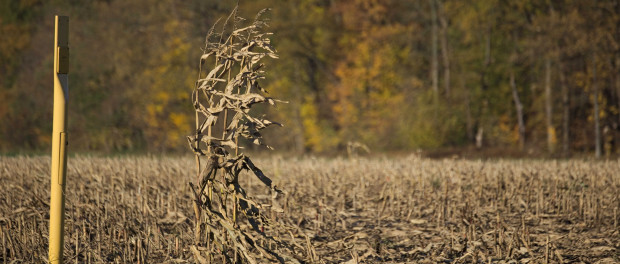Following a long and fractious process, it appears the herbicide glyphosate will have its approval extended for 18 months, pending another agencies’ assessment.

UPDATED 29/06/2016 at 16.20 CET with opening three paragraphs on the conditions of restriction of glyphosate use.
“The Commission has also proposed to the Member States to restrict the conditions of use of glyphosate in the EU. These conditions include a ban of a co-formulant (POE-tallowamine) from glyphosate-based products, obligations to reinforce scrutiny of pre-harvest uses of glyphosate as well as to minimise the use in specific areas (public parks and playgrounds)….Source
However “It must be noted that it is primarily the responsibility of Member States to decide upon and enforce such measures.” Source
Comment from GM Watch:
* a ban on the co-formulant POE-tallowamine from glyphosate-based products. But it has already been in the process of being phased out by manufacturers over the past several years, so industry will not be much inconvenienced.
* “obligations to reinforce scrutiny of pre-harvest uses” of glyphosate. This essentially means that member states have to look more closely at pre-harvest use; the language is not binding and doesn’t require specific action.
* to “minimise” use in specific areas (public parks and playgrounds). This doesn’t mean “eliminate” or “ban” and can be interpreted as allowing continued use.

Original article 28/06/2016 begins:
Following a long and fractious process, it appears the herbicide glyphosate will have its approval extended for 18 months.”The Commission will follow our legal obligation” Health Commissioner Vytenis Andriukaitis said on Tuesday at a press conference. “We know very well that we have a deadline of June 30. We will adopt an extension for glyphosate of 18 months,” Reuters reported the Lithuanian as saying.
The news agency adds “After months of lobbying and member state indecision, the Commission replaced a previous proposal to renew the license for glyphosate for up to 15 years with a suggested 12 to 18 month extension pending further scientific study.”
“Commission sources, speaking on condition of anonymity, said a written procedure was been launched on Tuesday and the adoption was expected to be finalised on Wednesday (29th June).”
This follows yet more failed attempts at votes including on the 6th and as recently as the 24th of June. Neither the Standing Committee on Plants, Animals, Food and Feed (6th) nor the Appeal Committee could reach a qualified majority in favour of or against even short approval. A Parliament vote was also postponed in March of this year.
Politico reports that in so doing the Commission was “absorbing the political hit for countries not wanting to take the blame for the move. The Commission had scolded countries like Germany and France for hiding behind the bloc on the decision.”
In 18 months it is expected that the European Agency for Chemical Products (ECHA) will have completed its assessment of the herbicide.
The issue has divided and infuriated both the agri lobby and environmental campaigners. The latter have mobilised considerable interest in and momentum behind what initially seemed very unlikely – an outright ban.
It was highly unexpected that the initial 15 year approval would be so contentious. However, opposition came from many political fronts: the European Parliament – which earlier this year recommended a reduced approval from 15 to seven years, with other restrictions; the Parliament’s Environmental Committee – which recommended no approval at all, and individual member states such as France, which vacillates but sometimes outright opposes glyphosate approval, along with Netherlands, Italy, Sweden and other EU member states.
Most of all, the unprecedented mobilisation of European citizens around such a specific agri-industrial product seems to have had an effect.
The saga continues, albeit with a short respite.
More
A Roundup Roundup – that Glyphosate approvals process explained (23rd May)
Commission’s “maladministration” over Pesticide Approval – Ombudsman (23rd Feb)



